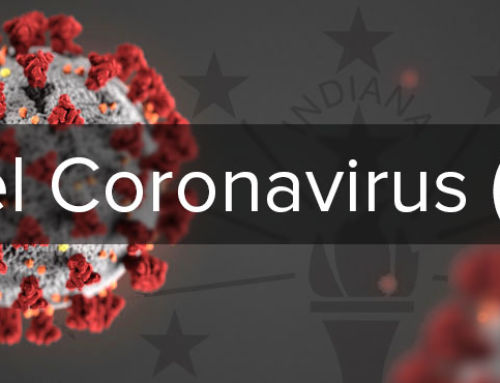I am often asked whether a “living trust” avoids probate? While it is generally true that a living trust is one of the most effective tools for estate planning attorneys to use to avoid probate – the trust itself won’t avoid probate or court intervention. All by itself the trust does nothing. In order for the trust to work as it was designed, it must be “funded”, which is simply a fancy way of saying that assets must be transferred into the name of the trust. Houses must be transferred with new deeds, bank accounts updated in the name of the trust, etc.. Once in the trust, it still remains your property to do with as you wish, but it must be in the trust to pass to your beneficiaries without probate court involvement.
Just writing in the names of properties on the schedule attached to the trust is not enough to make a piece of property a trust asset. Describing a gift of property in the Trust itself won’t make it a trust asset either. The assets have to be titled in the name of the trust to avoid court involvement. There are certain assets we sometimes leave out of a basic trust, like IRA’s, life insurance, and other assets that pass by their own beneficiary designation without the need for probate. We can, and sometimes do, transfer these assets to the trust, but the trust me drafted in a way to deal with these unique assets.
It’s important that you don’t just look for the cheapest trust you can find, because often times that trust never gets properly funded or designed for your needs. I see ads in the paper and elsewhere for $500 trusts, only to have the beneficiaries of those trusts in my office later, engaging me for expensive probate work because the assets were never put into the trust.
Unfortunately, not all attorneys who will help you create a trust based estate plan – will help make sure that all of your assets really get into your trust, or incorporate your specific asset information into a schedule for your trust. Not all attorneys create appropriate assignments and other evidence of your intent to transfer the assets into the trust. Not to mention what the non-lawyers don’t do!!
Remember too, once you have a trust based estate plan you need to put all future assets into the trust.
If you have questions about proper trust planning, funding your trust, and avoiding the cost and expenses associated with probate, please feel free to reach out to our offices for help.
More articles







